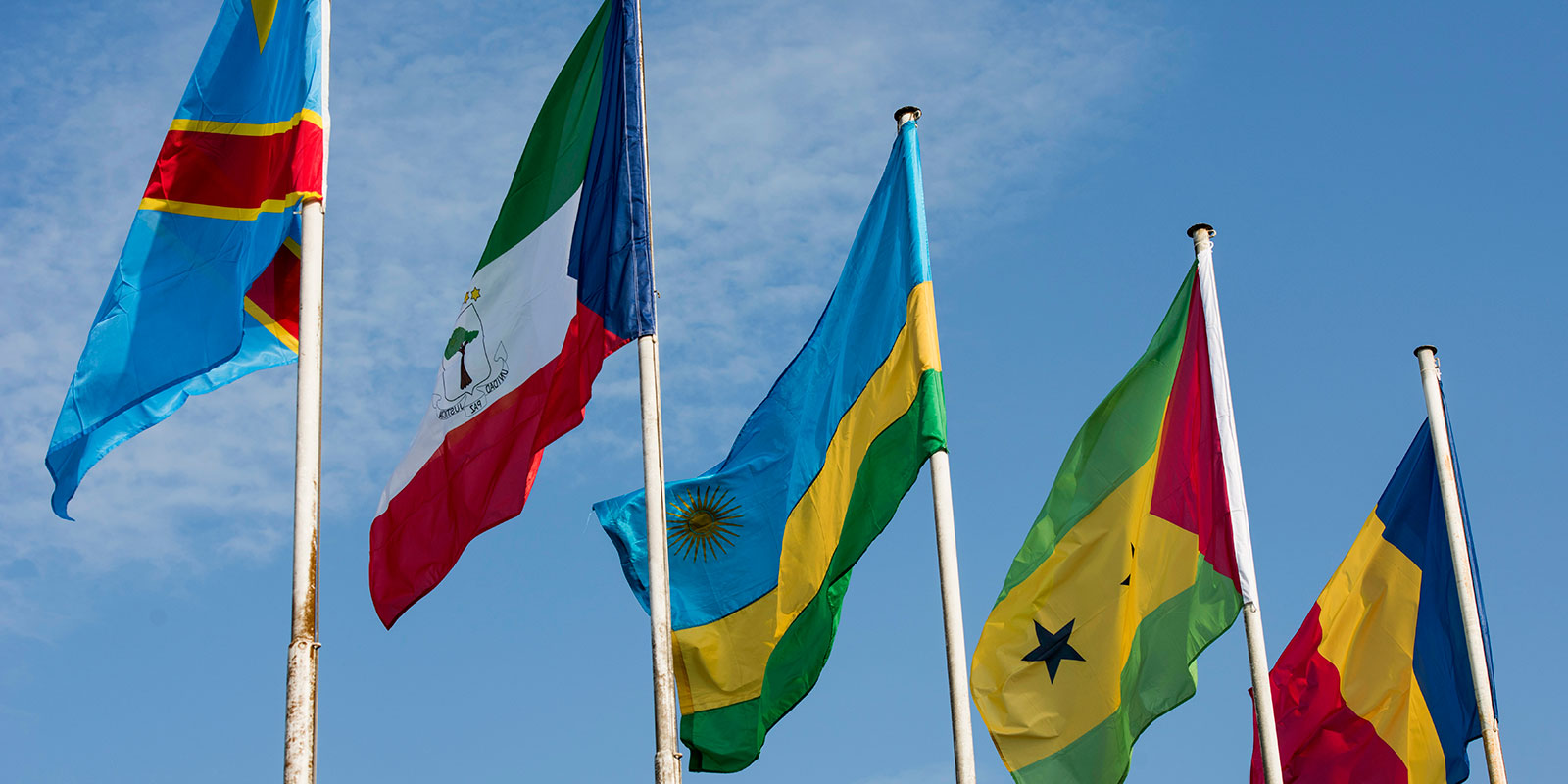Central Africa has been confronted for decades with insurmountable challenges that negatively impact social and economic development and, more worryingly, the development of human capital. The lack of sustainable growth and the shortcomings of economic development in Central Africa contribute heavily to this delay. Formal regional integration exercises aim to play a leading role in reversing the process of marginalisation of the economies of the Economic Community of Central African States (ECCAS) zone, human underdevelopment and depletion of natural resources.
As ECCAS continues to undergo its institutional reform, including the renewal and the renovation of our Community architecture, it is necessary to draw lessons from the experiences acquired during this recent period of health crises @yngandu
Tweet
However, one glance at recent narratives proves that, in most analyses of integration in the developing world, particularly in Central Africa where progress remains modest compared to the resources invested in promoting integration, there is undoubtedly a need to reassess regional integration within our Economic Community. Despite the fact that there is hope, at least among decision-makers that integration will contribute to economic development, certain pressing socio-economic realities command attention.
The components of the five main development indicators of the United Nations Development Programme (UNDP) – the Human Development Index, the Human Capability Index, the Human Poverty Index, the Gender-based Human Development Index (GHDI) and the Women’s Participation Index – show that development, targeted by development policies, whether economic, social or environmental, has education at its heart. However, armed conflicts, natural disasters and health crises, among others, are part of the challenges that undermine our societies and affect the supply, access and maintenance of basic education services. The quality of learning in education is itself greatly conditioned by the health of public learning, which is likely to profoundly alter the shared models of behaviour and interactions, cognitive constructions and understanding acquired through socialisation and the development of identities by the social models specific to the group.
Globally, 56% of children born today will be deprived of less than half of their potential earnings as adults. A considerable number of them are found in Central Africa. This situation of great fragility is the result of the lack of capacity of ECCAS Member States to make the necessary investments in the determining sectors of the human capital index to endow themselves with a well-trained, resilient and healthy population, with greater potential and ready to make an optimal contribution to the development of the regional space. Moreover, the figures tell us that the literacy rate in Central Africa is about 30-40%, out of a regional population of 200 million. So much information tells us that urgent action is needed in the areas of education, training, science, technology and innovation, health and culture.
During the years 2020 and 2021, most sectors were affected and progress hampered due to the COVID-19 pandemic and its consequences, including the closure of schools. This interruption of schooling and training has deprived children and the rest of the population of one of their fundamental rights. Member States, and stakeholders must therefore create educational systems that are more resilient and capable of withstanding crises.
As ECCAS continues to undergo its institutional reform, including the renewal and the renovation of our Community architecture, it is necessary to draw lessons from the experiences acquired during this recent period of health crises (including other multifaceted issues), to put in place support mechanisms that will allow the creation of an environment conducive to the holistic development of the ECCAS zone.
Spearheaded by H.E. Mr Felix Tshisekedi, President of the Democratic Republic of Congo (DRC) and Chair of ECCAS, the year of Human and Social Development (2022) of ECCAS, will aim to provide strategic guidance to reverse these trends, as follows:
| Strategic view: | Provide Central Africa with resilient education systems, which take into account the specific needs of the priority axes of integration (Political affairs, peace and security; Common market, Economic, monetary and financial affairs; Environment, natural resources, agriculture and development Rural Development; Land Use Planning and Infrastructure) in terms of human capital to facilitate the effective implementation of Agenda 2063 and the Sustainable Development Goals. |
| Mission : | Put in place mechanisms that will ensure that every citizen can live in good health, have equitable access to quality education and acquire technical, scientific and cultural knowledge in an environment where Gender equality and equity guarantee access to decent employment and promote the achievement of the 2063 and 2030 agendas. |
| Objective : | Provide every Afrocentralian with lifelong access to quality training and the opportunity to become agents of positive development. |
The dedication of attention to human development in Central Africa as the basis for the harmonious development of the region raises questions such as: what are the skills/expertise required as a priority in Central Africa to achieve physical integration, pragmatic and effective land use planning, sustainable economic growth, in harmony with an effective natural resource management policy based on stable governance?
The choice of the theme: “education, health, culture” by President Tshisekedi aligns with the spirit of the new paradigm that the Heads of State intend to instil at ECCAS, as a tool to accelerate the integration of Central Africa, aiming at “a common future of the peoples of the region in an environment of peace, security and stability ensured by sustainable development and the growing improvement living conditions of citizens”. This is to lay the foundations for the region to rely on the transformative force of education, science, technology and culture to ensure the success of its harmonious development founded in the spirit of integration.
Kapinga Yvette Ngandu is the ECCAS Commissioner for Gender, Human and Social Development.


